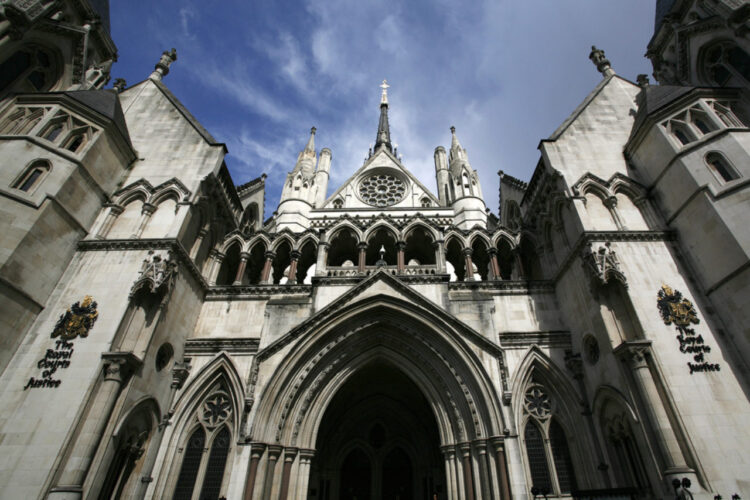By Gabriel Princewill-
The Royal Courts Of Justice is facing criticism for restricting court access to nearly two dozen journalists who gathered for a hearing last week, citing social distancing rules.
Members of the public were also barred from attending a hearing last week, a refusal one would have thought would naturally makes enough space in the courts to accommodate journalists.
The prohibition went down badly with journalists who branded the restrictions both ridiculous and arrogant of those who presided over the restrictions. It also reflects poorly on a court system that ought to place uppermost importance to the rights of a free press, instead of citing unsatisfactory reasons for what can reasonably be construed as being tantamount to stifling free expression.
Journalists were refused access to cover the controversial libel claims brought by Russian oligarchs against publishing house HarperCollins, over the book Putin’s People. The high restriction on journalistic access to the courts on a case of high public interest was absolutely disappointing coming from an institution which ought to be most cognizant of the vital importance of free expression, more so in cases of the type in question.
The option of the Cloud Video Platform link, capable of providing an alternative for physical attendance was also denied to journalists, making the courts appear to be acting against the interest of journalistic endeavour.
Press officials of The Royal Courts Of Justice were also embarrassingly not accessible on mobile phones numbers attributed to their names on the courts media list, and the only press officer-Laura Bellinda – eventually accessed on phone, had no answer to our questions about the courts restrictive practices on journalistic access to important cases.
In an age when alternative mechanisms exist to address concerns of covid-19, it beggars belief that mask wearing and optimum use of space in the courts could not be resorted to as part of a sensible improvisational mechanism.
One journalist described the system in operation as ”a farcical disgrace coming from a court”
Most important in matters like this is transparency, not just about who exactly is calling the shots here, but about the legitimacy of the reasons provided for such restrictions against journalists.
When cases of particularly high public interests are being held in court, it is imperative that the courts are seen to be reasonable themselves in the entirety of their bureaucratic operations on that day. Avoiding potential suspicions of ulterior motives for imposing unreasonable restrictions on journalistic coverage is important, because there are numerous possible reasons journalistic coverage in a case like this could be highly restricted.
If the courts have press officials who cannot directly address an issue which should be predictable given its direct relevance to journalistic coverage, it raises questions about the the efficiency of its oversight on matters that require competence and sound judgement.
The Royal Courts Of Justice is the venue where eminent judges has for decades issued landmark rulings in cases that have formed a precedent in future cases for may years thereafter.
Its overall system should reflect that namesake of justice in all its ramifications, leaving no room for legitimate criticism that detracts from the integrity that normally underlies its name.

